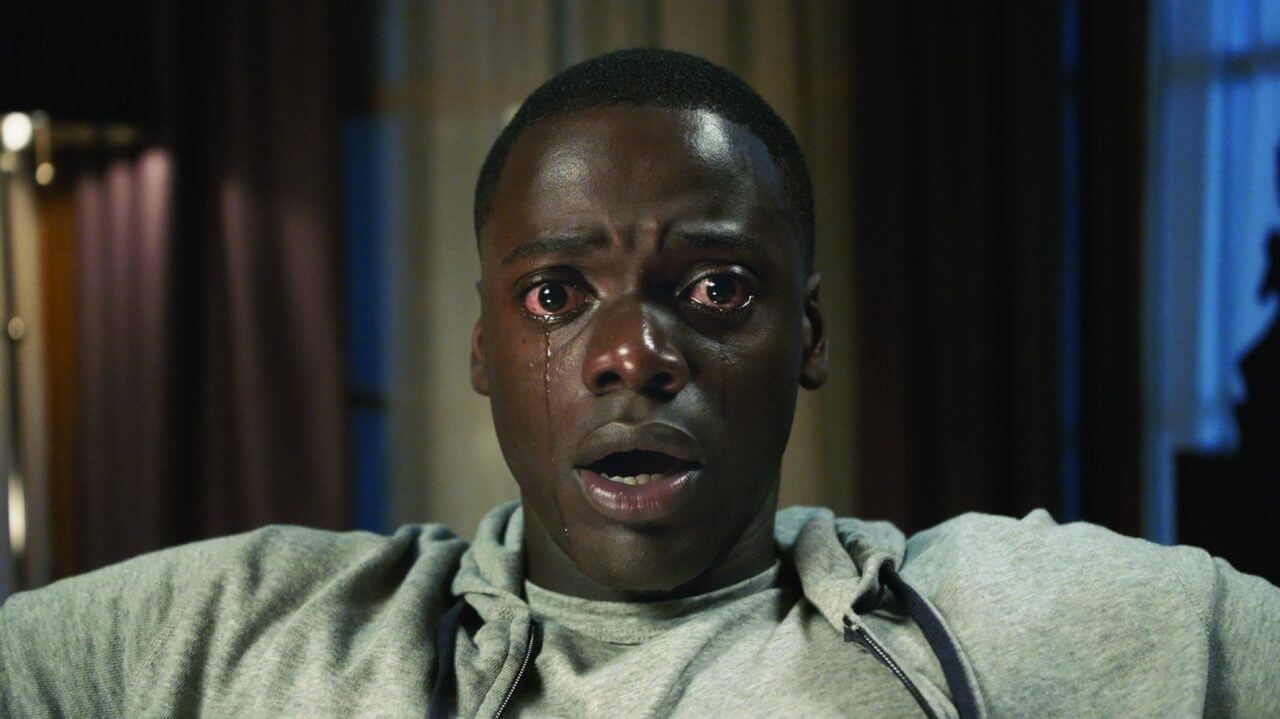Title: Get Out
Release Date: February 24, 2017
Studio: Universal
Director: Jordan Peele
Release Format: Theatrical
Horror movies often start with a damsel in a seemingly safe situation, completely unaware of the danger she is in. We, as the audience, know that something terrible is about to happen. Get Out, Jordan Peele’s (of Key and Peele fame) feature film directorial debut, begins with a similar situation, albeit one that immediately subverts our expectations. Rather than a damsel walking down a lonely suburban street in the dark, we start with a black man named Andrew walking a lonely suburban street. However, just like us, he knows he is in trouble.
Get Out is unapologetic about what it is trying to do in approaching racism head on. Andrew knows he is out of place in this affluent neighborhood; as soon as he sees headlights behind him, he begins to worry about what might happen. As the car begins to slow, the look on his face tells it all. He does not belong, and as the creepy tune of Flanagan and Allen’s Run, Rabbit, Run grows louder as the car slowly follows him, we can tell this is going to be an uncomfortable movie.
It is also a hell of a good time.
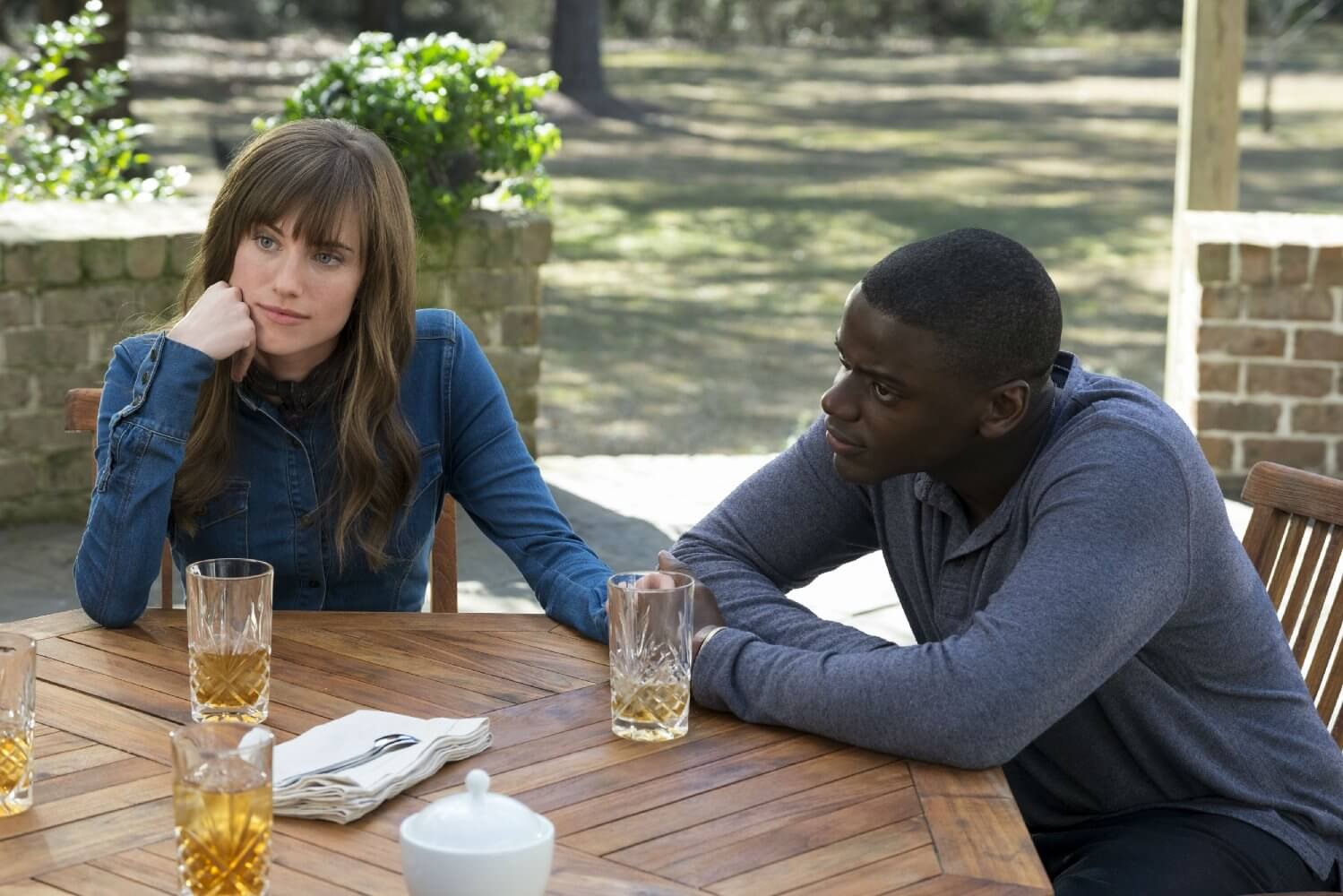
Horror has always been about making us uncomfortable, and, like some of the best horror of the last few years (It Follows, The Babadook, The Witch), Get Out does so with a biting social commentary. The story follows Chris and Rose (Daniel Kaluuya and Allison Williams), an interracial couple who are about to take the next step in their relationship: Chris meeting Rose’s parents. An already uncomfortable situation is made worse by the fact that her affluent parents have not yet been told that Chris is black.
“Don’t worry about it,” Rose tells Chris. She tells him her dad is totally not racist. He would have even voted for Obama a third time if he could have.
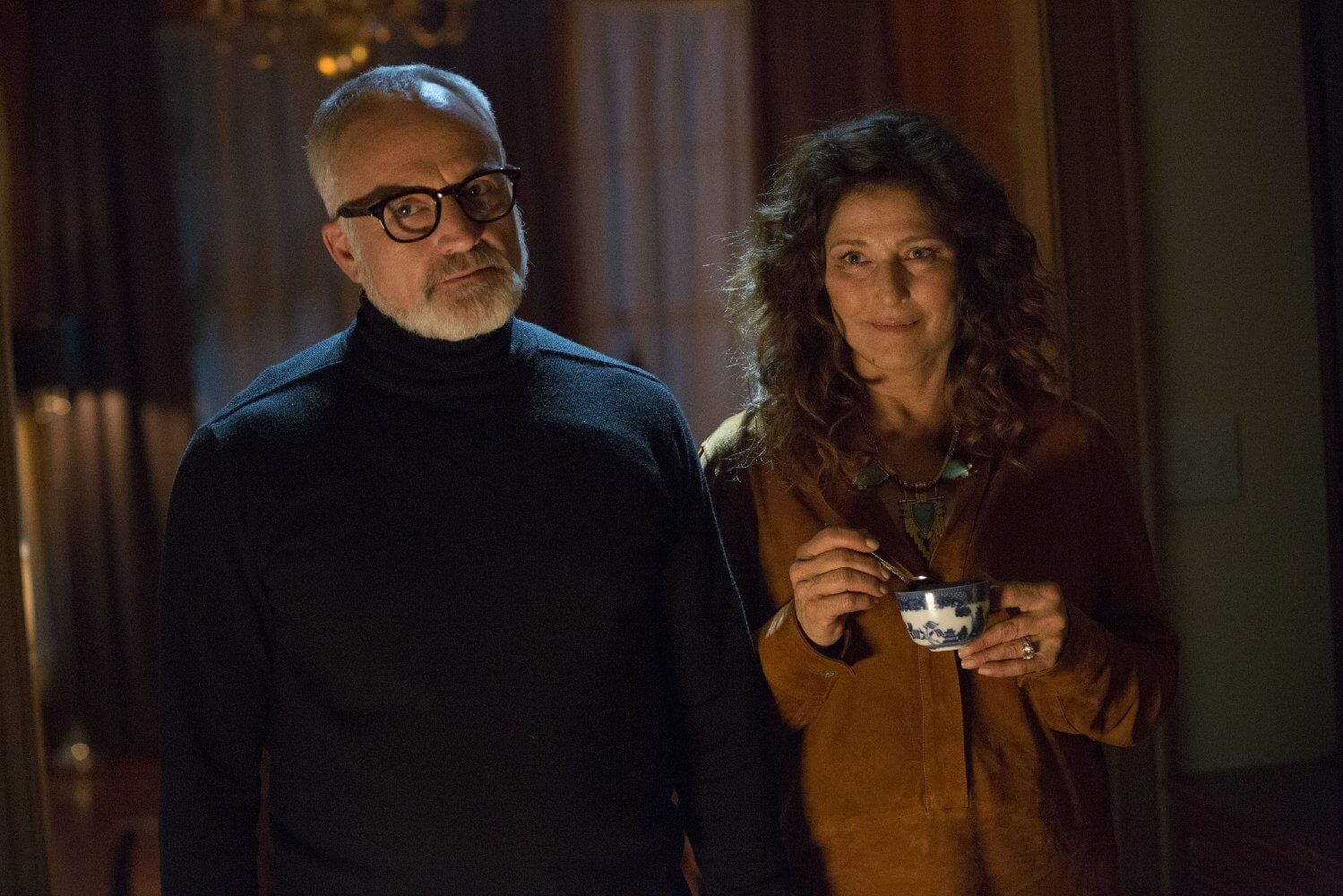
Thus begins the awkwardness. Get Out begins as a psychological thriller. It is a film about racism, but it does not come from shirtless hillbillies waving confederate flags and screaming racial epithets. This is a movie about microaggression, where every line spoken from a white person to Chris can have a double meaning.
“Is it true what they say? Is it really better,” one woman asks Rose, glancing at Chris’s crotch as she touches his muscles.
“Are you much of a golfer? You know, I’ve met Tiger,” another man tells Chris.
“It’s so nice to experience someone else’s culture,” Rose’s father, Dean Armitage (Bradley Whitford), tells Chris.
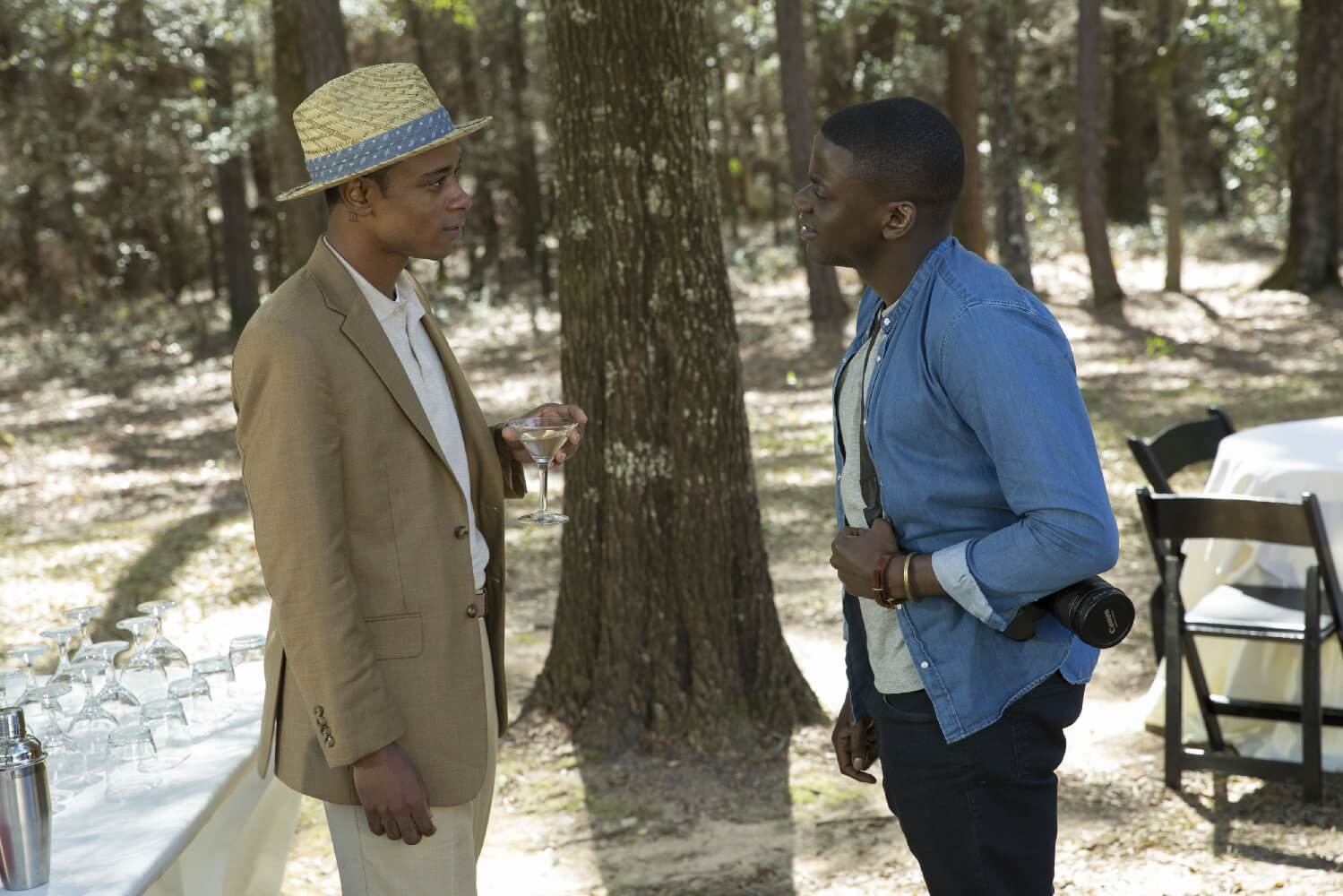
Several of these lines are cringe-worthy (in the right way), because we, the audience, can see just how awful everything is. We can tell there is something very wrong at the Armitage house, and Chris also can. As his paranoia ramps up, he continues to wonder whether this is normal, everyday awkwardness he is experiencing, or whether it is part of something much bigger.
Obviously, it is part of something much more sinister.
The creepy groundskeeper and cook, the only other black people around, seem completely detached from reality. Rose’s mother, Missy (Catherine Keener), keeps offering to hypnotize Chris to cure him of his smoking. And Chris’s cell phone charger keeps getting unplugged. As the layers begin to peel back and reveal what is truly happening and all sorts of ugly prejudices bubble to the surface, Get Out becomes more of a traditional horror film. But it never loses its snarl, constantly reminding us of just what black men deal with every day. Even the final shot of the movie is a heart-pounding twist of horror tropes.
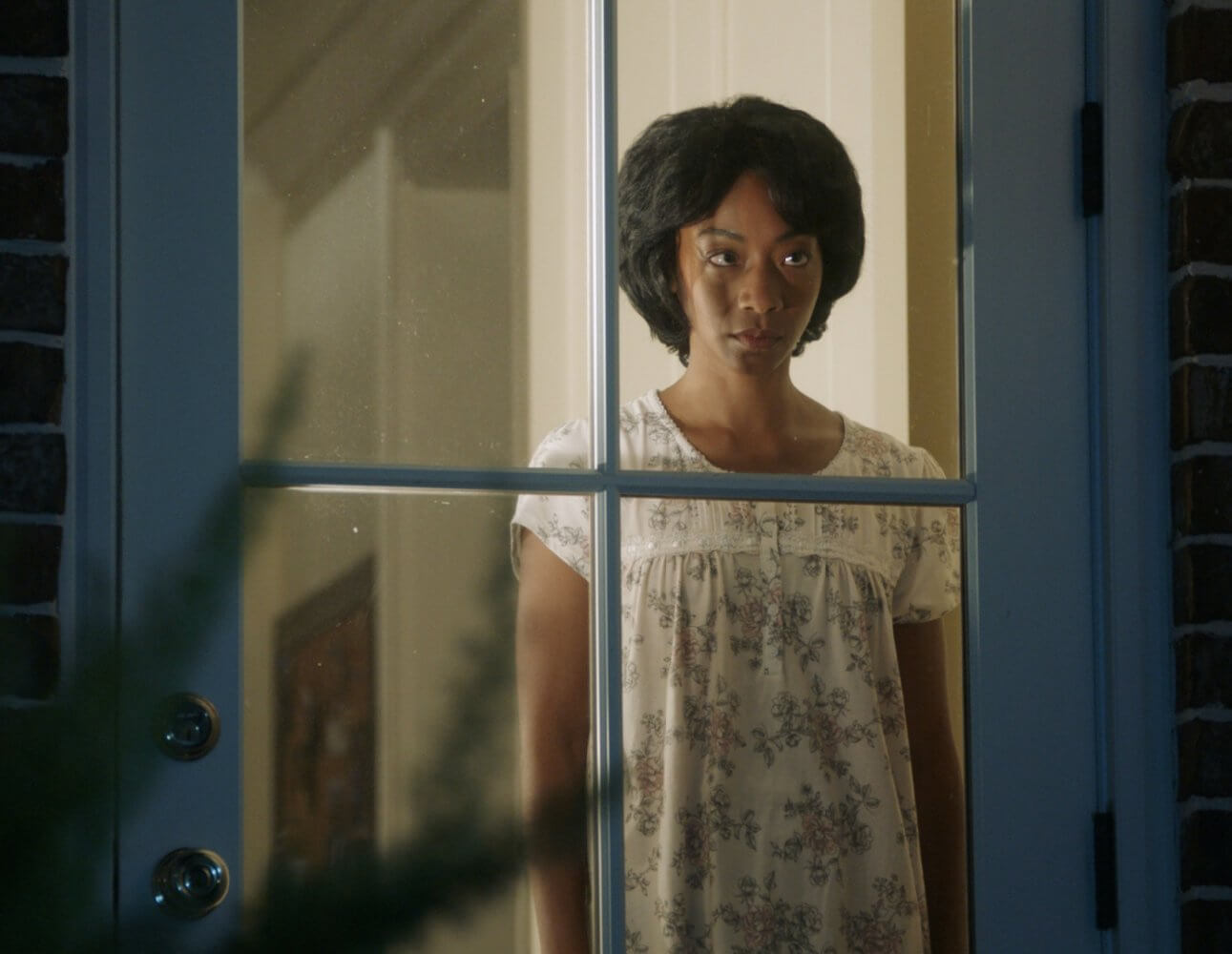
The way the tension builds as the film moves forward is expertly paced. Chris essentially plays the role of someone trying to avoid a trap, but he does not realize that he is already stuck in it. The horror comes from his slow realization of how deep he is already in, and us guessing how he will escape if he even has a chance to.
The acting is generally excellent across the board. All the principle roles are well cast and believable. Kaluuya displays some full-on star power, perfectly conveying the many emotions and levels of panic Chris is going through. Williams does a surprisingly great job in her first film role; her naive, WASP-ish Rose is excellent as she starts to notice how off everything is in her own home. And Keener and Whitford are always a treat, nailing their roles as Rose’s parents. Caleb Landry Jones sticks out a bit as Rose’s brother Jeremy; he is a little over the top for my liking, but it pays off well as the movie hits its conclusion.
One of the best things about Get Out is just how much thought clearly went into all the details. Nearly every line has a double meaning, every early event has some symbolic significance or payoff later on. This is a movie that almost demands to be seen more than once, and will have you talking and drawing far-fetched conclusions long after it is over.
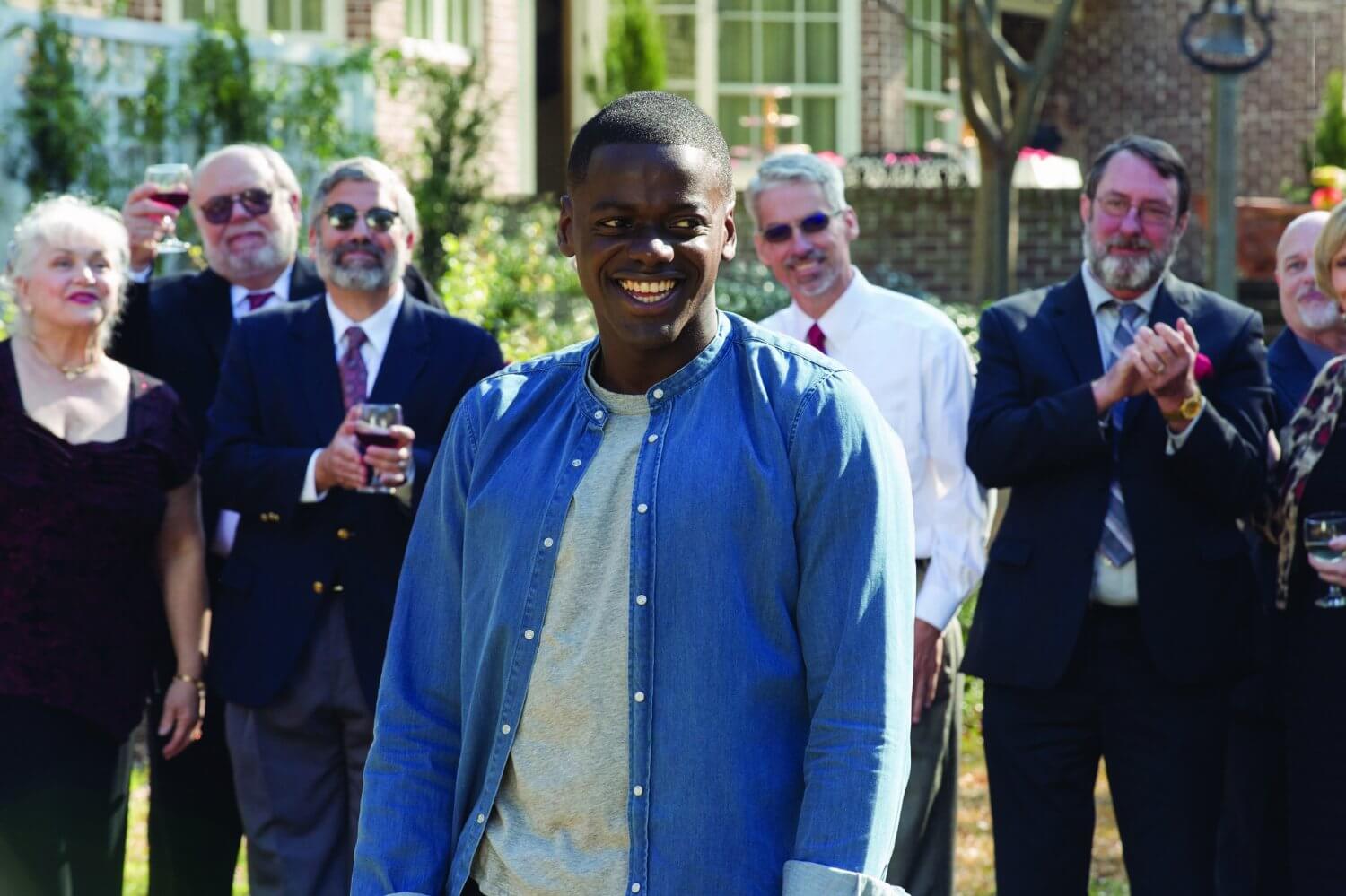
Obviously, Get Out comes highly recommended. It loses a bit of steam when transitioning from its biting social satire to its more traditional horror roots, but it is the latest of the recent trend of smart, subversive horror films. Get out of your house and check it out.
[review]

